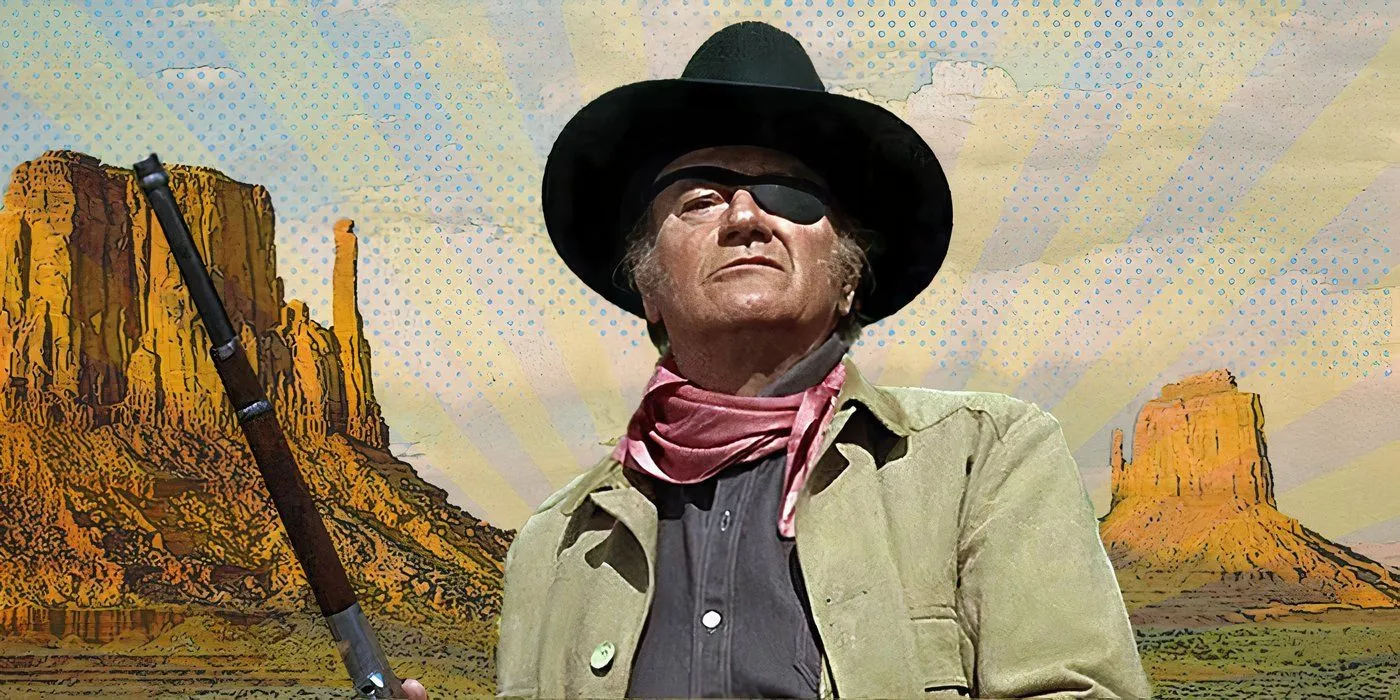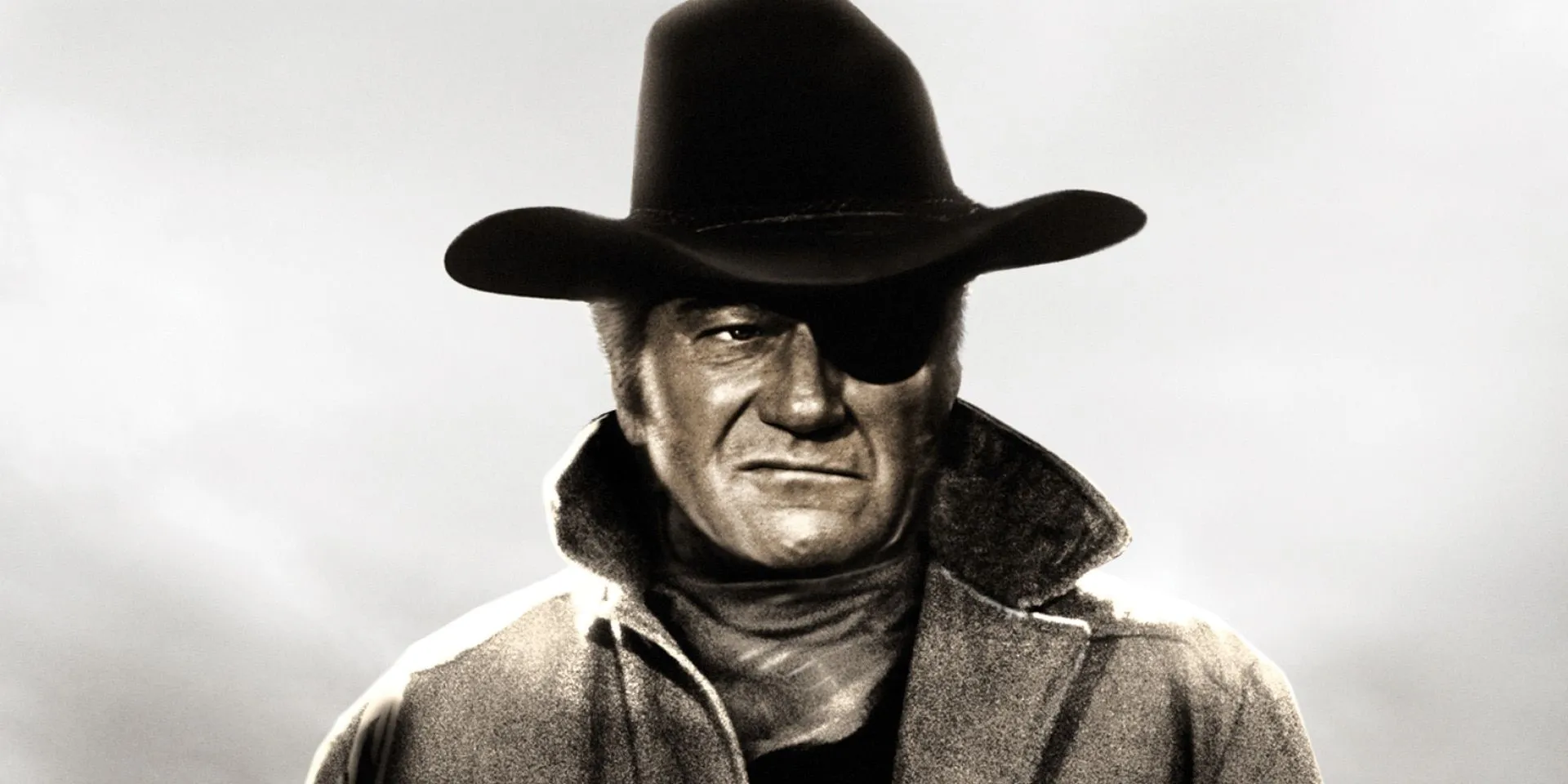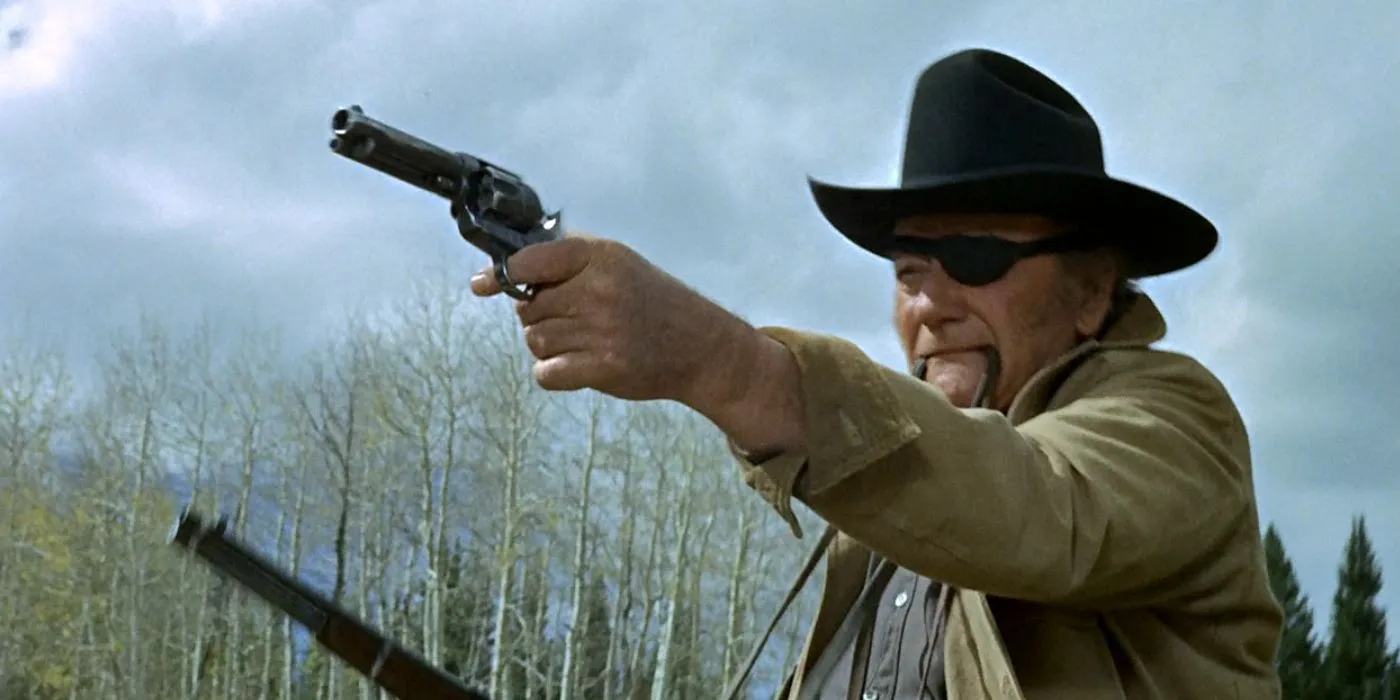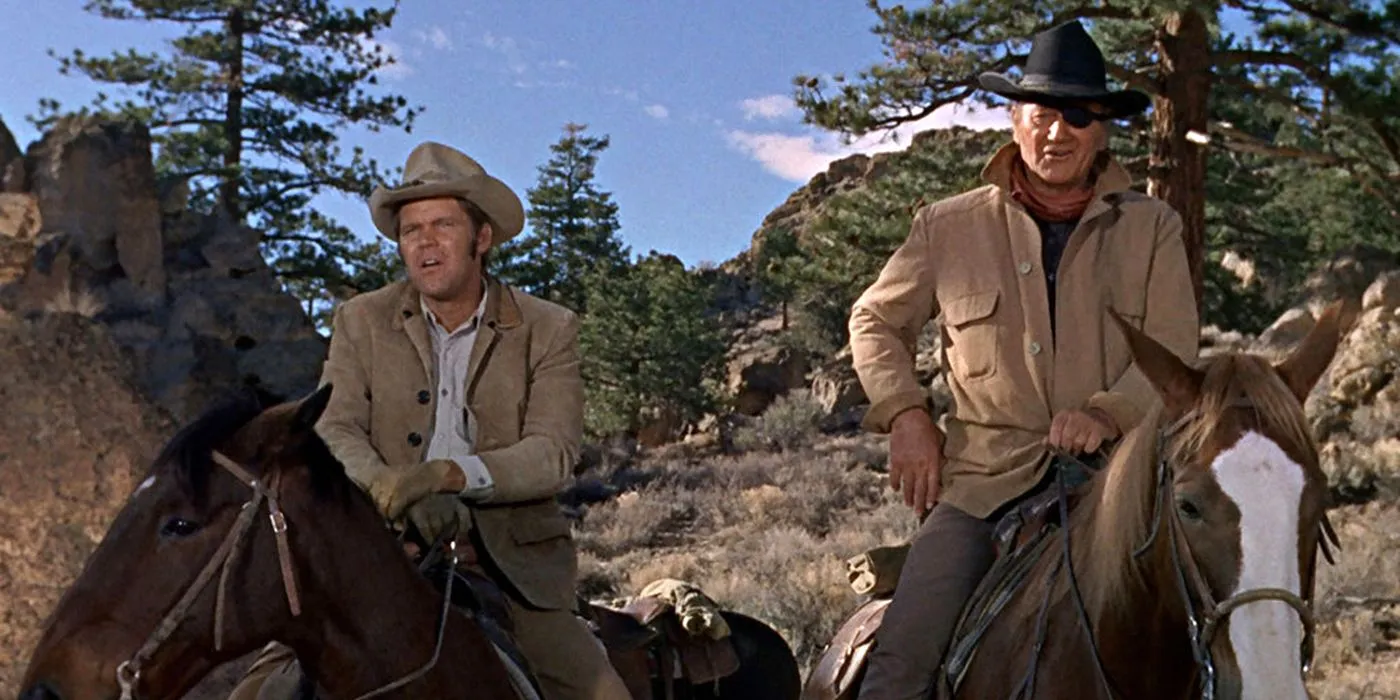In a striking moment of Hollywood history, John Wayne once proposed to Clint Eastwood, “We ought to do a movie, kid.”Yet, the anticipated collaboration never materialized, especially regarding Eastwood’s role in the classic film True Grit. During the 1960s, Clint Eastwood transformed the Western genre, portraying complex, morally ambiguous characters in a gritty depiction of the Old West. Unlike traditional Westerns, Eastwood’s films often depicted violence, betrayal, and ruthless anti-heroes, which starkly contrasted with John Wayne’s iconic portrayals of noble and principled figures.
The audiences of the time yearned to witness a partnership between these two legends of Western cinema. However, Wayne’s reluctance to embrace the darker themes seen in Eastwood’s works ultimately quashed the possibility of their collaboration. While Wayne initially showed some openness to this idea, his sentiments changed over time. As Eastwood recounted in Conversations with Clint: Paul Nelson’s Lost Interviews with Clint Eastwood, 1979-1983, Wayne expressed interest, remarking, “The first time I ever met [Wayne], he said, ‘We ought to do a movie, kid.’ I said, ‘Yeah, it would be great.’ We never did come up with one.”
Clint Eastwood Passed on the Opportunity to Work with John Wayne in True Grit
Clint Eastwood Was Invited to Play La Boeuf in True Grit





True Grit, marking one of Wayne’s final major accomplishments, features him as the rugged, alcoholic U.S. Marshal “Rooster”Cogburn. This film not only became a box office success in 1969, but it also earned Wayne his sole Academy Award for Best Actor. The success illustrated that Wayne’s traditional Western approach resonated with audiences, yet the film might have taken an entirely different direction had Clint Eastwood accepted the position of Ranger La Boeuf.
According to Eastwood, he was approached by the producer of True Grit to take on the role of La Boeuf, but he promptly declined. His refusal was not rooted in a desire to avoid collaborating with Wayne; rather, he deemed the role lacking and mentioned he was preoccupied with filming Paint Your Wagon at the time. There may have also been underlying concerns about being overshadowed by Wayne’s established prominence in Westerns.
The prospect of Eastwood and Wayne sharing the screen in True Grit is a tantalizing “what if”scenario, but ultimately, the film benefitted from this casting decision. If Eastwood had participated, the film’s dynamic, primarily between Wayne’s Cogburn and Kim Darby’s Mattie, could have been disrupted. Country singer Glen Campbell ultimately stepped into the role of La Boeuf and delivered a commendable performance.
John Wayne Passed on Future Collaboration with Clint Eastwood
Wayne’s Disdain for a Specific Clint Eastwood Film Derailed Future Collaboration

It remains unclear whether Wayne felt disappointed by Eastwood’s decision regarding True Grit or if he was even aware of it. However, it is evident that Wayne’s opinion of Eastwood’s Westerns soured over the subsequent years. Eastwood reached out to Wayne with a screenplay for a Western they could share, yet Wayne’s apparent aversion to Eastwood’s representation of Old West figures made collaboration untenable.
Initially titled The Hostiles, this screenplay was eventually reworked into a 2009 television movie titled The Gambler, the Girl, and the Gunslinger, starring Dean Cain and James Tupper. According to Eastwood, Wayne had a strong dislike for the narrative in High Plains Drifter, perceiving it as a negative portrayal of the pioneers of the West. In contrast, Eastwood argued that Wayne misinterpreted the film’s themes, which were intended to convey a more allegorical perspective rather than a realistic one.
This breakdown in relations marked the end of the potential for collaboration between Clint Eastwood and John Wayne, making it a remarkable chapter in film history.
Source: Conversations with Clint: Paul Nelson’s Lost Interviews with Clint Eastwood, 1979-1983, The Clint Eastwood Archive


